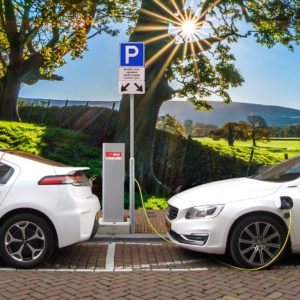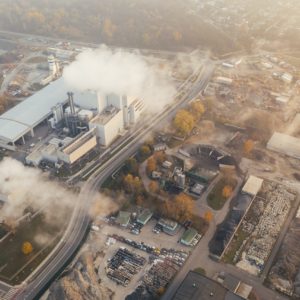The better approach to control inflation is to reduce government spending and increase energy abundance.
Proposed Electric Vehicle Tax Credits Benefit Unions, Wealthy Individuals—Not Environment
"Of the estimated $7.5 billion in electric vehicle credits to be claimed between 2018 and 2022, corporations will take about half. Of the other half claimed by individual Americans, 78% will go to people making over $100,000 per year."
Exclusive: Green hydrogen company raises $11 million in Series A
"The firm, headquartered in a new, 25,000-square-foot facility in Chatsworth, California, has developed low-cost electrolyzers it hopes will provide the means to produce green hydrogen at a lower cost than competitors."
China promotes coal in setback for efforts to cut emissions
Official plans call for boosting coal production capacity by 300 million tons this year, according to news reports. That is equal to 7% of last year’s output of 4.1 billion tons, which was an increase of 5.7% over 2020."
Biden Can Boost Energy Production—and Protect National Parks
"We cannot allow funding for conservation projects to disappear overnight. The revenue from offshore drilling is crucial to the American economy, to our energy security, and to the preservation of our natural and historical landmarks."
Lithos Carbon is Using Enhanced Rock Weathering to Capture CO2
Lithos Carbon, a start-up out of Seattle, is using Enhanced Rock Weathering (ERW) to sequester carbon from the atmosphere.
In climate fight, Europe’s olive, wine farmers turn to tech and tradition
"Spanish farmer Miguel Moreno was an early adopter of so-called cover crops. He began growing grasses alongside trees almost 30 years ago to stop water draining away down the hill on his 74-hectare olive grove in the southern region of Andalusia."
Is this Chicago-area startup the ‘Tesla of heavy-duty’ trucking?
"Blumreiter and Johnson co-founded ClearFlame Engine Technologies to market engine technology that allows trucks, generators and other motors to run on a variety of low-emissions fuels such as ethanol, methanol or liquid ammonia. While these fuels are not zero emissions, various studies have shown pure ethanol’s life cycle greenhouse gas emissions are roughly 40 percent to 50 percent less than petroleum-based fuel."
Waste milk could be used to reduce power plant carbon dioxide emissions
"‘Powdered milk can be converted into advanced activated carbons with the right porosity and surface chemistry to adsorb the CO2, allowing much better control than with the current materials used for this process, like coconut shells or coal.’”
4 Ways AI Will Deliver Energy and Environmental Benefits
More knowledge, better data, and greater efficiency from AI will be critical to meeting the world’s energy needs and environmental goals.









